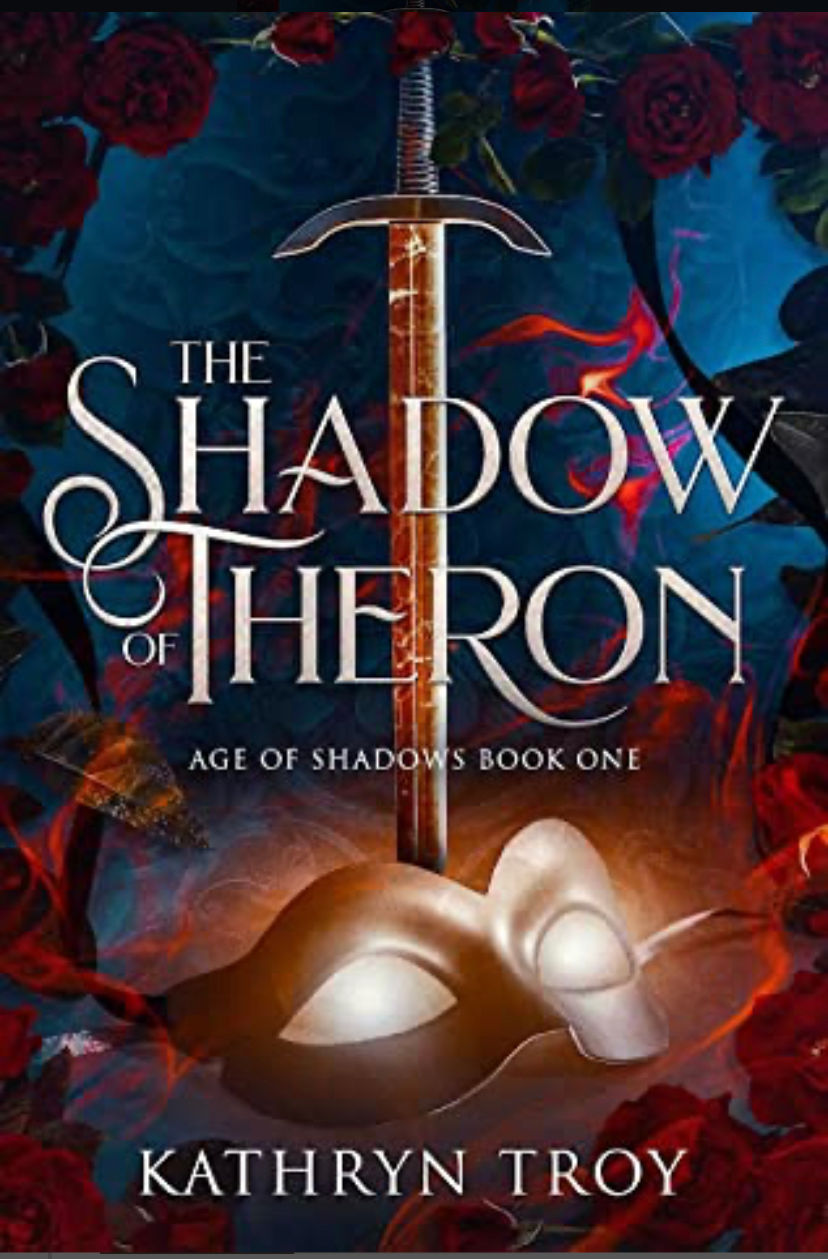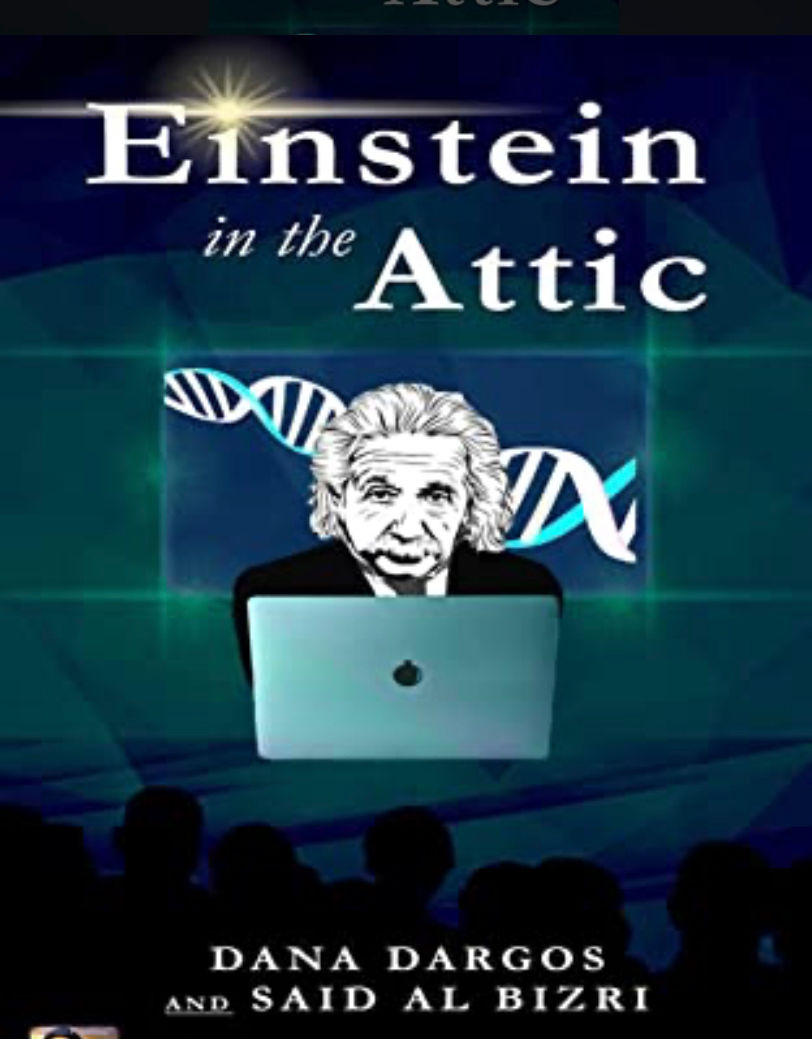Love Me Whole - Author’s Interview with Nicky James.
- Victoria Roe

- Sep 3, 2019
- 8 min read
Updated: Jan 14, 2020
Love Me Whole Synopsis
Twenty-eight-year-old Oryn Patterson isn’t like other people. Being an extremely shy, social introvert is only part of the problem. Oryn has dissociative identity disorder. He may look like a normal man on the outside, but spend five minutes with him, and his daily struggles begin to show. Oryn shares his life and headspace with five distinctively different alters. Reed, a protective, very straight jock. Cohen, a flamboyantly gay nineteen-year-old who is a social butterfly. Cove, a self-destructive terror, whose past haunts him. Theo, an asexual man of little emotion, whose focus is on maintaining order. And Rain, a five-year-old child whose only concern is Batman. Vaughn Sinclair is stuck in a rut. When his job doesn’t offer the same thrill it once did, he decides it’s time to mix-up his stagnant, boring routine. Little does he know, the man he meets during an impromptu decision to return to college is anything but ordinary. Vaughn’s heart defies logic, and he finds himself falling in love with this strange new man. But how can you love someone who isn’t always themself? It may not be easy, but Vaughn is determined to try.
So the interview:
**You have mentioned that writing this book was a journey so: **
**Where did the inspiration for Love me Whole originate from?**
*NJ*: Good question. I think Love Me Whole came at me from a few angles at once. I’d just finished writing an emotionally heavy series called Healing Hearts and took my first dabble into writing a bit of mental health in those stories. Primarily depression and addiction. At the time, I was also working in a field with individuals who had various mental health struggles. I’d been taking courses and going to professional development for work regularly for that job and knew right away, I wanted my following books to advocate mental health in some way. That began my journey into exploring the various types of topics I could focus on. Dissociative Identity Disorder had always fascinated me on a professional level. The mind is a wondrous thing. So immediately, I began diving into research about this particular disorder. The more I read, the more I knew I wanted to write a book that did it justice. There is so much false representation of DID in the media and in films and books, and I wanted to bring something forward that would not only teach people about DID but that would tell a truth. People with DID are just as deserving of love as anyone.
**Your books are mainly written about gay relationships, is that a conscious decision when you begin writing your stories?**
*NJ*: It wasn’t. The day I started writing my first book, it was to let out this ongoing story that had been playing in my head for years. The characters were two gay men. Soldiers. And they lived in a time where being gay was not allowed. After I published, I had a lot of people (in my home town, at my job, and in my family) ask me why I chose to write gay characters. My answer? Why not? I hate injustice in any form. Every person on this planet is unique and no less deserving of happiness and love. Whether they are black or white, gay or straight, have developmental disabilities or mental health struggles. So once my first book came to life, and I heard some of the responses I heard, I knew it was the path I would continue to follow. Erase the stigma. Same reason I write mental health in my books.
**Do you have any personal experience with Dissociate Identity Disorder (DID)? **
*NJ*: Extremely minimal. More accurate to probably say not at all. In my old job as a developmental support worker, I supported a lady whose doctor’s suspected she had DID. Because of her disabilities and limited means of communicating, it was difficult to properly diagnose.
**Both Vaughn and Oryn are beautifully crafted and well rounded characters did you model either of them on anyone you know?**
*NJ*: Not really. Not Vaughn anyhow. Vaughn kind of grew and developed on the page as I wrote him. He was as adaptable and agreeable in the writing process as he was in the book. Oryn, on the other hand, was pieced together from a lot of the true cases of DID I studied while researching this disorder. Mostly, I had some ideas of what kind of a person Oryn was from the beginning, but like all characters I write, he came into himself as I went.
**What made you decide on the ages of Oryn and Vaughn?**
*NJ*: I’m not sure how much of a conscious decision it was. LOL. I knew Vaughn would be older. Mid-thirties at least because he needed enough maturity and life experience for a man like Oryn. (Not saying a younger man couldn’t have handled this, but my gut told me he’d be older) Oryn was late-twenties mostly because I wanted him to have had many years on his own to have explored his disorder, learned what it was he was facing, and be on the road to helping himself understand and be settled.
**Love me whole has some sexually explicit content, in some reviews of the book I have read, some readers disapprove of this, how would you respond to this?**
*NJ*: I write Gay Romance. My books all have sexually explicit content to some degree or another as do most books in this subgenre of romance. It’s what I write, and although some people may not feel comfortable with it, I can’t change my style to fit everyone’s preferences.
**Addressing the issue of abuse of any kind in the written word obviously requires a great deal of research on your part. How did you approach this in order to do it justice?**
*NJ*:This disorder, in particular, was heart-wrenching to research because the roots of DID are traced back to ongoing, long term sexual abuse in children. I knew this going in, and I knew it as I researched it. Regardless, to make the book as accurate as possible, I learned all I could. I followed stories online of people living with this disorder, read psychology articles explaining the more technical aspects, and tried to absorb and integrate it all into my head to make my character. Real stories of real people were the best source of knowledge. For the most part, my research focused on the alters, the way they differ, come forward, why, how, triggers, and the paths possible for integration or developing co-consciousness. I didn’t spend an excessive amount of time on the abuse of the past because I knew that wasn’t how I wanted to focus my story.
**Although it was not discussed within the book did you create a back story for Oryn’s abuse triggering his DID? If soWhy did you choose to omit it from the book?**
*NJ*: To a point, I did. Enough I could get a foundation of Oryn’s past. However, I tried to keep myself a little more in the dark and blocked it out like Oryn as I wrote. Although, Cove and tapping into his head required me to bring it forward and draw on those emotions. I chose not to include it in the book because it wasn’t the direction of the story. I wanted something more uplifting and positive, and that moved toward a happier place. People are so morbidly curious, and I can’t tell you how many people have asked about Oryn’s past and what happened to him and if I’d write a prequel so they can learn. For the record, that will never happen. Oryn’s past is horrific, and to be fair to anyone living with this disorder, it’s also personal and doesn’t need to be exposed to the masses. It’s something that was damaging and should never have happened. For Oryn’s sake and for all people living with DID, I didn’t feel it appropriate to add.
**Mental health is still a taboo subject matter for so many people, why is it so important to you to address the issue in your books? **
*NJ*: I’m only one person, but I’m an advocate for mental health and writing is my vice, so I will bring awareness any way I can. I have lived with my own mental health struggles, have seen it in my family, and have worked with it in my job. Someday, I hope this stigma of mental health being taboo gets erased and the people dealing with these struggles can get the recognition and help they need.
**Why do you think Mental health is avoided as a subject in fictional stories?**
*NJ*: I think people fear something they can’t understand. Heros and heroines are often made to be flawless, or their flaws aren’t necessarily crippling and life-consuming. Writing mental health means bringing all of that into the mix. There is a growing amount of mental health showing up in books, and I hope as we bring more awareness forward, we see even more.
**I could easily see a story like Love me Whole continuing on as a series, there are so many aspects that can be explored with such an intriguing subject matter. Have you ever considered writing a series?**
*NJ*: I’ve been asked this a few times. My intention with Love Me Whole was for a single standalone book. After it was so well received and interest for more came forward, I considered if it was something I’d like to tackle. I think it could make an interesting series, however, at this time, I don’t foresee it happening. I have to follow what springs into my head, and this book felt complete on its own. Nothing more has spoken to me, and I was happy to leave it where it landed.
**Do you have any plans in the future to explore other interesting issues in your books? For example disability or religion?**
*NJ*: I’ve continued writing mental health topics in my books and handled such subjects as Paranoid Personality Disorder and a multitude of fear-based anxiety disorders in my phobia series called Trials of Fear—one which deals with a physical disability and another that touches lightly on religion too. I have also recently released a book showing the makings and struggles of PTSD. I will keep on this path and continue to tackle subjects with characters who have their own struggles as I keep writing.
**How would you describe your books and style of writing to new readers that have never read any of your works?**
*NJ*: I would say, I write higher angst books with a lot of personal struggles that eventually end with a heartwarming—but hard-won—happily ever after. They are romance with reality. I don’t pull my punches and tend to write real and raw stories that people can relate to on their own level.
**What advice would you give to other writers wanting to write about similar topics?**
*NJ*: Please do your research. Learn all you can about your topic. Don’t embellish mental health or make it suited to what you want to achieve because you saw it done that way in a movie. Stick to facts. Give people the truth. Mental health has enough going against it.
**Has there ever been a subject you have wanted to write about but felt you were unable to due to the fear of how it may be perceived?**
*NJ*: Actually no. When I release books, I often fear they won’t be received well due to subject matter and I’ve been wrong every time. I wrote DID thinking people would be appalled I wrote this in a romance book, but it was the best decision I made. I saw a quote long ago that said “Write what you fear” and I’ve never looked back.
**Where do you see yourself and your writing in ten years time?**
NJ: Hopefully moving onward and upward. I have many stories yet to tell, and I hope to keep sharing them. In ten years time, I might have branched out into other genres of interest, but the future has yet to be written.
Once again thank-you so much for this opportunity on behalf of my followers.
Thank-you does not seem to be enough to express my gratitude for consenting to do this Nicky. Thank-you for your time and your candid answers.







Comments